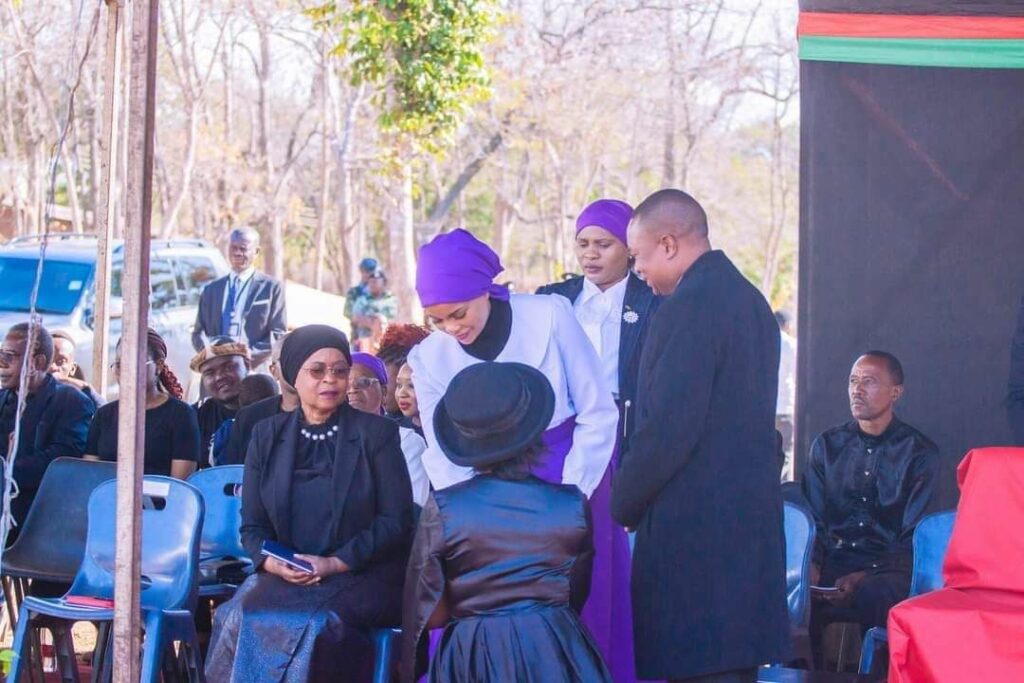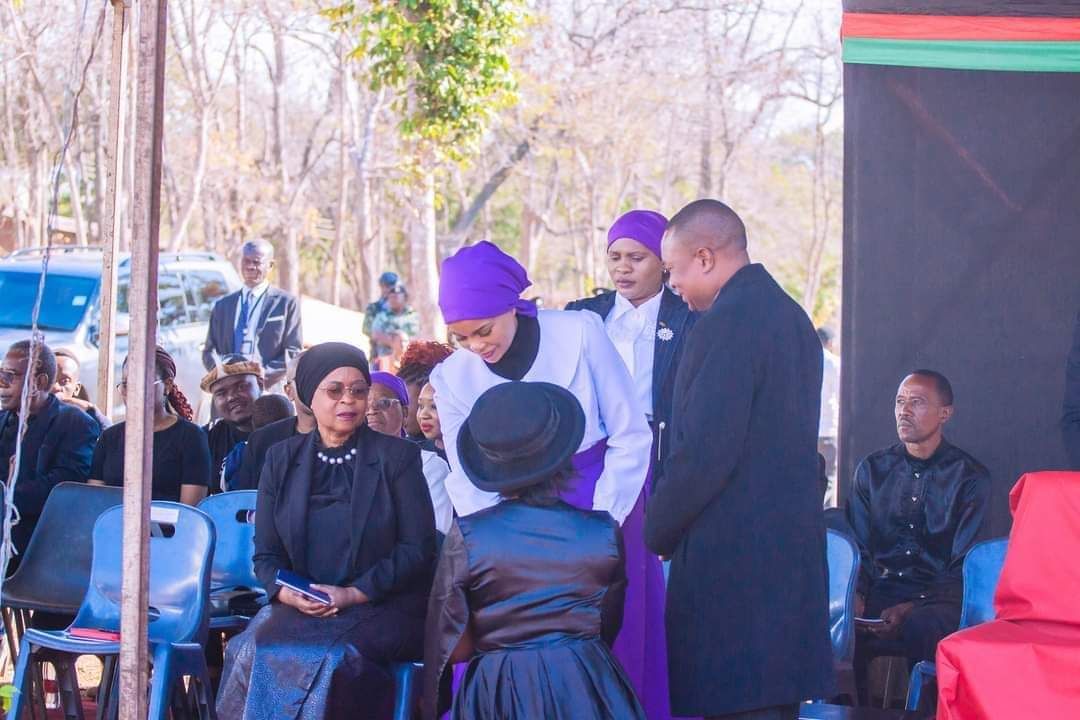By Burnett Munthali
The recent call from the family of the late SKC (Saulos Chilima), urging the public and political figures to “leave Mary Chilima alone,” has sparked a range of responses across Malawi. This message comes amid ongoing debates about the use of Chilima’s legacy and the implications for political discourse. The public’s reactions reflect a spectrum of views on the intersection of personal grief, political exploitation, and governance.
Daniel Dazilanjira Nyirenda has voiced strong support for the family’s plea, emphasizing that the late Chilima should be mourned collectively by all Malawians, rather than being used as a political tool. Nyirenda criticizes party officials and politicians across the spectrum who, in his view, are exploiting Chilima’s name for political gain. He reflects on Chilima’s reputation as a leader who avoided conflict and was open to dialogue, underscoring the dissonance between the late leader’s character and the current political maneuvers.

Ble Malinda counters this perspective by asserting that appointments or political positions should not be influenced by sympathy or personal connections. Malinda argues that good governance requires adherence to established standards and criteria, and that elevating individuals based on emotional responses rather than merit could undermine effective governance.
Vertical Interval takes a broader view, suggesting that governance should not be perceived as a family enterprise. They argue that expecting families to resolve political and administrative issues conflates personal and public responsibilities. This perspective highlights concerns about the concentration of political power within families and stresses the need for broader institutional reforms.
Keith Banda offers a more traditional response, focusing on the respect and honor due to the deceased. Banda’s comment is a prayer for eternal rest and divine light for Chilima, reflecting a sentiment of reverence and personal loss rather than engagement in political debate.
The diverse reactions to the “leave Mary Chilima alone” message illustrate a complex interplay between respect for the deceased, political ethics, and governance practices. Nyirenda’s support for the family’s plea reflects a desire to separate personal grief from political exploitation, advocating for a respectful mourning period devoid of political agendas.
Conversely, Malinda’s viewpoint underscores a concern for maintaining governance standards and avoiding decisions influenced by emotional or sympathetic responses. This perspective suggests a need for a clear distinction between personal sentiments and professional responsibilities in public service.
Vertical Interval’s critique emphasizes the importance of separating familial influence from governance, advocating for systemic changes to ensure that political and administrative roles are filled based on competency rather than family connections.
Banda’s response, while respectful, suggests a more traditional approach to dealing with grief and loss, focusing on honoring the deceased rather than engaging in the political debate surrounding their legacy.
In conclusion, the public reaction to the family’s message highlights a broader discussion about how the legacy of influential figures should be managed in the political sphere. As Malawi continues to navigate these issues, the varying responses reveal deep-seated concerns about political integrity, governance standards, and the proper way to honor and remember those who have made significant contributions to the nation.



